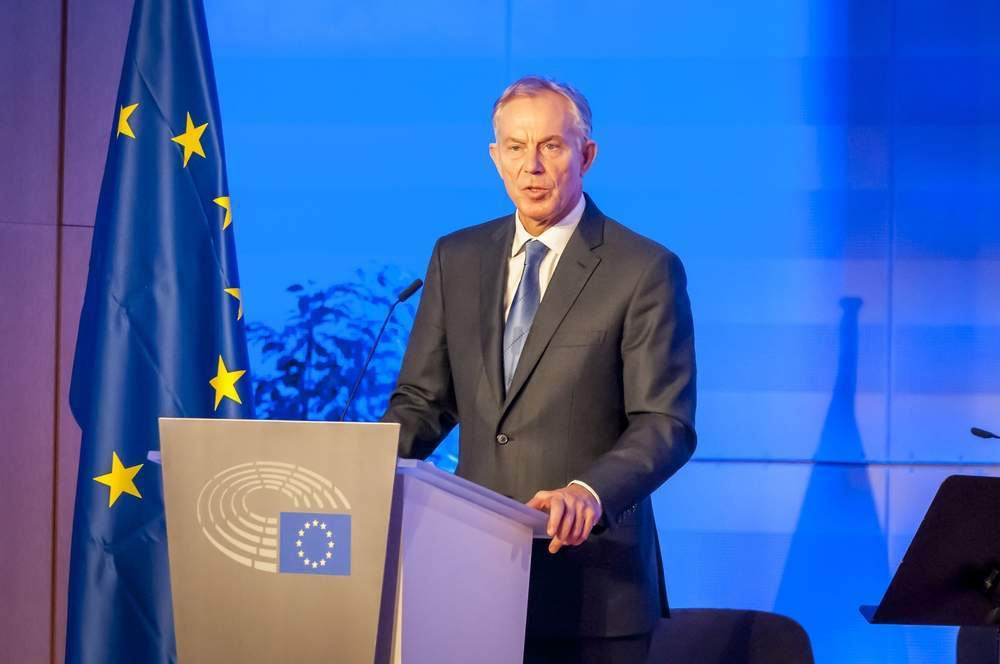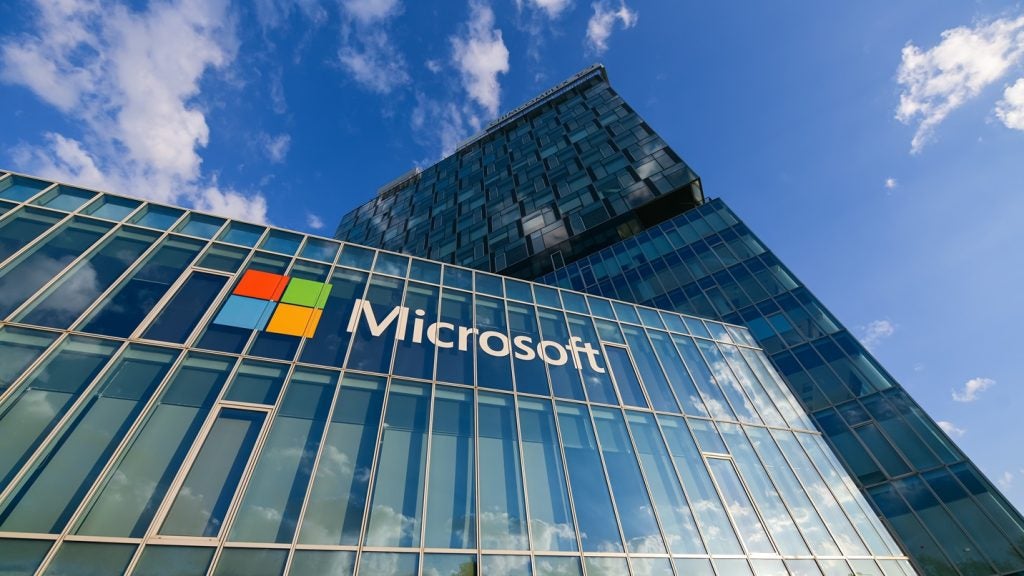
The last thing anyone could have expected in the wake of the Brexit referendum was the return of Tony Blair.
The former-prime minister had been keeping a low profile as the Chilcot enquiry rumbled on, but in the wake of Brexit, he stepped back into the public eye.
Interestingly, Blair had remained largely out of sight throughout the referendum debate, only really making any waves in the final few weeks of the campaign:
I believe voting to Remain will secure Britain’s place as a proud, influential country with a strong economy. TB pic.twitter.com/q6rIJI8JIx
— Tony Blair Institute (@InstituteGC) June 23, 2016
How well do you really know your competitors?
Access the most comprehensive Company Profiles on the market, powered by GlobalData. Save hours of research. Gain competitive edge.

Thank you!
Your download email will arrive shortly
Not ready to buy yet? Download a free sample
We are confident about the unique quality of our Company Profiles. However, we want you to make the most beneficial decision for your business, so we offer a free sample that you can download by submitting the below form
By GlobalDataPerhaps, the former-prime minister had anticipated that the result would be a foregone conclusion.
It was certainly a surprise to Blair, as he noted in a column written for the New York Times:
I was a British prime minister who believed completely that Britain’s future lay in Europe.
But it’s Blair’s comments after the result that are worth examining.
What did Blair think of Brexit?
As noted above, Blair was a proud europhile. In the aforementioned New York Times article, he was dismissive of claims that Brexit would solve immigration concerns.
He also argued in an article written for the Daily Mirror that remaining in the EU was the only way to guarantee job security for working people:
Three million jobs in the UK are linked to EU exports. That’s around one in every 10 jobs in the country. These jobs are the livelihoods of people up and down the country, working in companies big and small, in vital industries like manufacturing which rely on exporting products abroad… A vote to Remain will also be a vote to stand up for the rights of everyone to be treated fairly at work… Many of those leading the Leave campaign opposed the Social Chapter; opposed our introduction of the minimum wage; opposed basic trade union rights. They believe being out of Europe gives them a chance to chip away at all of these hard won and necessary protections.
Blair expressed concern about the future of the border between Northern and the Republic of Ireland, suggesting that Brexit could cause chaos for the peace process in that region:
Their ideological fixation with leaving Europe is more important to them than the clear disadvantage Northern Ireland would suffer if we left and the consequent damage to the UK as a whole,” he will say. “We should always distrust those who put ideology before practical considerations.
Suffice to say, the outcome of the referendum didn’t fill Blair with confidence.

Will Blair have a role in the Brexit process moving forward?
In short, if he has anything to do about it — yes.
Speaking to the Daily Mirror, Blair confirmed his willing to re-enter the political fray into order to combat Brexit:
I am going to be taking an active part in trying to shape the policy debate and that means getting out into the country and reconnecting … This Brexit thing has given me a direct motivation to get more involved in politics. You need to get your hands dirty, and I will… I really do feel passionate about this. I don’t want to be in the situation where we pass through this moment of history and I hadn’t said anything, because that would mean I didn’t care about this country.
At one point, people suspected Blair hopes for a negotiating role in Brussels after he made this quote:
There is going to be a negotiation of extraordinary complexity where there are a thousand devils in every detail… This needs serious statesmanship.
However, in an interview with the New Statesmen, Blair seemed to rule that out.
He wants to participate in public life, engaging with new ideas and policy initiatives. He wants to be heard and to influence the wider debate – because, as he told me, the state of Western politics simultaneously dismays and motivates him. His dismay is motivating his re-engagement.
In response to the changing world, Blair has created the Institute for Global Change.
It is essentially a thinktank, though in Blair’s mind it goes beyond that narrow description.
“He aims to arm front-rank politicians with strategies and policies to rebuild the centre, and combat populism caused by a cultural and economic revolt against the effects of globalisation”, according to the Guardian.
Blair has already made it known that he wishes for a second referendum.
He suggests it should happen once Britons are able to get a closer look at what Brexit would actually mean. Blair is confident the EU would be happy to accommodate.
But how much power and influence will Blair manage to wield when all’s said and done. Until we hear more, who can say?







